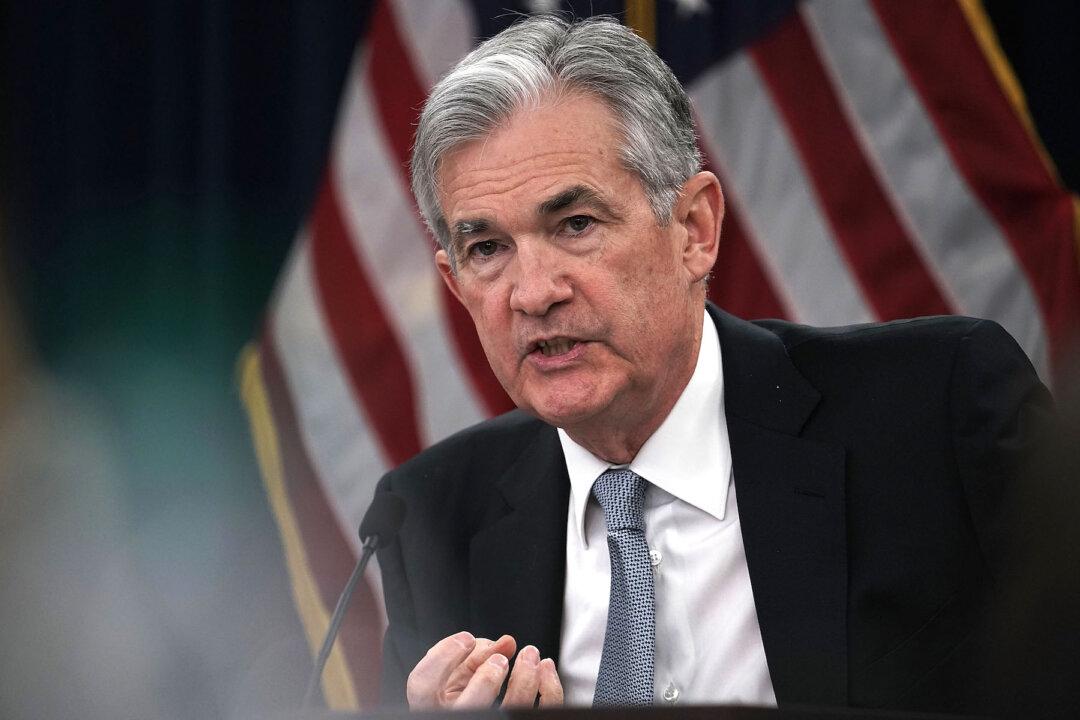Federal Reserve Chairman Jerome Powell said in prepared remarks on Feb. 11 that persistently low interest rates limit central banks’ scope to respond to an economic downturn, adding that using fiscal policy is key for helping to stabilize the economy when it weakens.
“This low-interest-rate environment may limit the ability of central banks to reduce policy interest rates enough to support the economy during a downturn,” Powell said in testimony prepared for a House Financial Services Committee hearing on Feb. 11.





